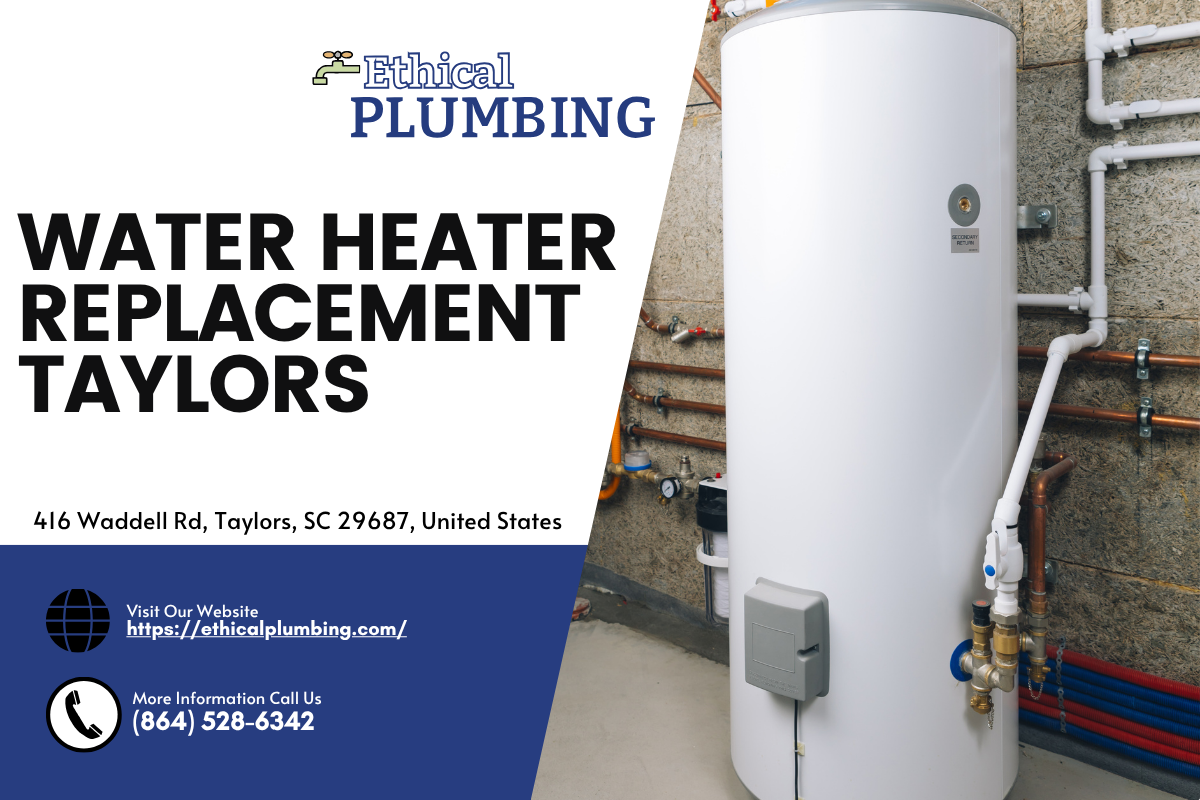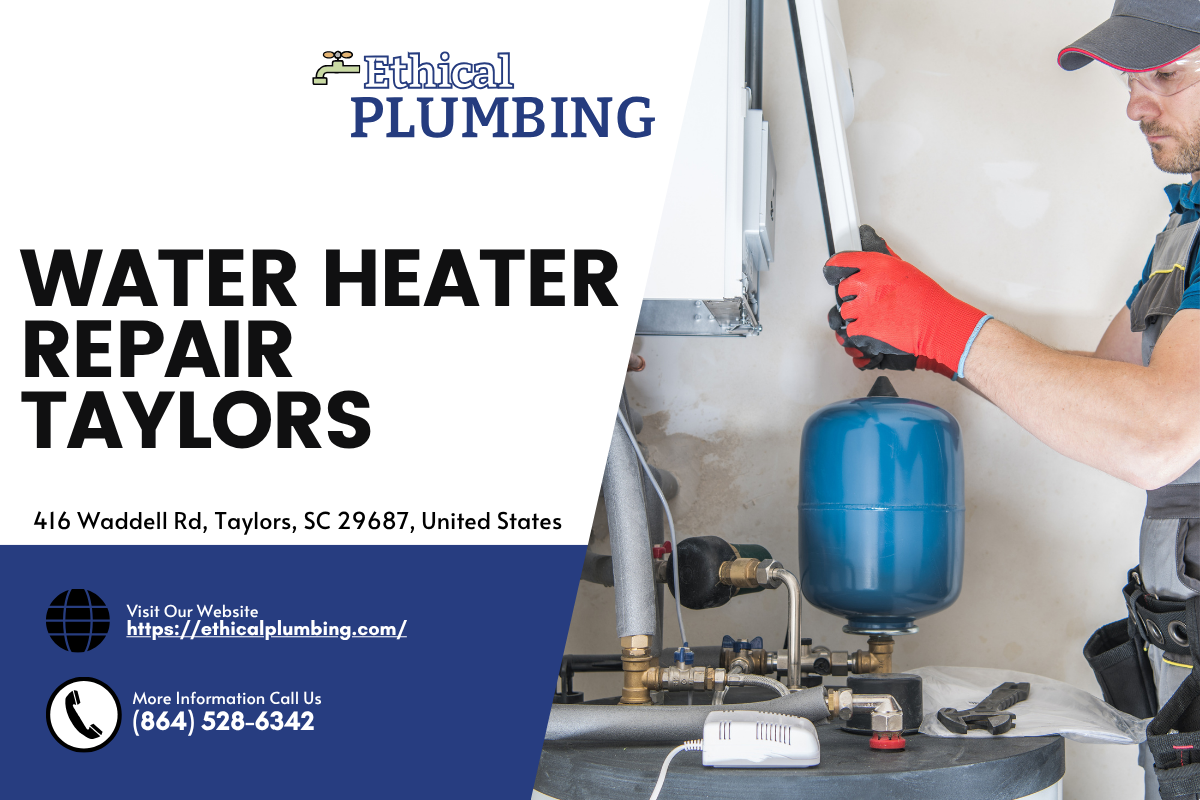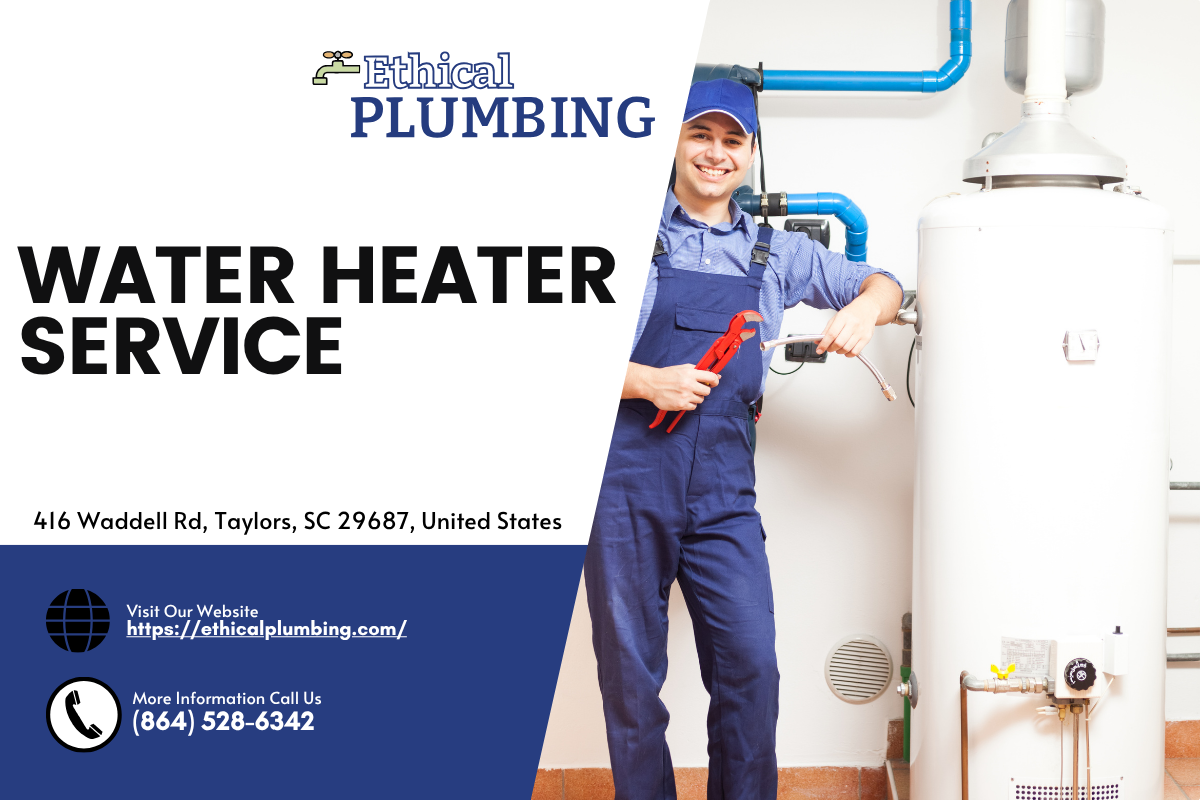


Introduction
In the quest for energy efficiency, many homeowners often overlook one of their most essential appliances: the water heater. Whether you're relying on traditional models or considering a switch to tankless systems, understanding how your water heater works and its impact on energy consumption can lead to significant savings on utility bills. This article aims to provide Taylors homeowners with comprehensive insights into energy efficiency and their water heaters, offering practical advice on installation, maintenance, repair, and replacement options.
Energy Efficiency and Your Water Heater: What Taylors Homeowners Should Know
Water heaters are responsible for a substantial portion of energy use in homes. In fact, they can account for nearly 18% of your household's total energy consumption. Understanding how to enhance the efficiency of your water heater can directly affect your monthly expenses and environmental footprint.
Understanding Water Heater Basics
What is a Water Heater?
A water heater is an appliance that heats water for various household needs such as bathing, cooking, cleaning, and space heating. There are primarily two types of residential water heaters:
Tank Water Heaters: These store hot water in a large tank until needed. Tankless Water Heaters: Also known as on-demand heaters, these heat water directly without the need for storage.How Do Water Heaters Work?
Water heaters operate on different principles depending on their type:
- Tank Water Heaters heat a reservoir of water using gas burners or electric heating elements. Tankless Water Heaters utilize powerful burners or coils that heat cold water instantaneously when requested.
Both systems have unique energy efficiency characteristics which homeowners should understand fully.
Evaluating Energy Efficiency Ratings
What is an Energy Factor (EF)?
The Energy Factor (EF) is a critical measurement of a water heater's efficiency. It represents the amount of hot water produced per unit of fuel consumed over a typical day.
- An EF rating closer to 1 indicates higher efficiency. For example: A conventional tank-style heater may have an EF rating ranging from 0.5 to 0.9. A high-efficiency tankless model might boast an EF of over 0.95.
Choosing the Right Type of Water Heater
Traditional vs Tankless Models
When deciding between traditional tank models and tankless options, consider factors like:
- Initial Cost: Tank models are generally cheaper upfront but may cost more in operation over time. Space Requirements: Tankless models take up less space but may require additional installation costs.
Understanding Your Energy Costs
How Does Water Heating Contribute to Utility Bills?
Understanding how much you spend on heating water can help prioritize upgrades or repairs:
- Average annual costs can range from $400 to $600 depending on usage and system type.
Tips for Improving Energy Efficiency
Regular Maintenance Matters
One of the easiest ways to ensure your system operates efficiently is through regular maintenance:
- Flushing the tank annually helps remove sediment buildup. Checking anode rods every few years ensures corrosion protection.
Insulating Your Hot Water Heater
Insulation plays a crucial role in retaining heat:
- Consider insulating older tanks with foam jackets or blankets.
Water Heater Repair Options in Taylors
Common Issues That Require Repair
Homeowners should be aware of common problems that necessitate repair services:
Leaking tanks Insufficient hot water Strange noises during operation Discolored or foul-smelling hot waterWhen to Call for Professional Help?
Knowing when to contact professionals for water heater repair Taylors is paramount:
- If repairs exceed 50% of replacement costs.
Water Heater Installation Insights
Choosing the Right Size for Your Home
Selecting the right size ensures optimal performance without excessive energy consumption:
| Household Size | Recommended Gallons | |----------------|---------------------| | 1-2 | 30 | | 3-4 | 40 | | 5+ | 50+ |
Installation Costs Breakdown
The cost associated with installing new systems can vary significantly based on several factors:
Type (traditional vs tankless) Complexity of installation Local labor ratesWater Heater Replacement Guidelines
Signs You Need to Replace Your Unit
As your unit ages, be mindful of signs indicating it’s time for replacement:
Age over ten years Frequent repairs Increased utility billsHow Long Do Water Heaters Last?
Typically:
- Traditional units last about 8-12 years. Tankless systems can last up to 20 years with proper maintenance.
Water Heater Maintenance Essentials
Routine Checks You Can Perform Yourself
To keep your system running smoothly:
Inspect valves and connections monthly. https://pastelink.net/puot2ocd Check temperature settings (the ideal setting is around 120°F). Test pressure relief valves bi-annually.Why Is Regular Service Important?
Regular professional service helps prevent major issues down the line by identifying small problems before they escalate into costly repairs.
FAQs About Energy Efficiency and Your Water Heater
FAQ #1: How can I tell if my water heater is efficient?
Look at its Energy Factor rating; higher numbers indicate better efficiency.
FAQ #2: What’s involved in maintaining my water heater?
Regular flushing, checking anode rods, inspecting valves, and ensuring proper temperature settings.
FAQ #3: When should I consider replacing my old unit?
If it's over ten years old or requires frequent repairs that exceed half the cost of replacement.
FAQ #4: Can I install a new unit myself?
While DIY projects are tempting, hiring professionals ensures compliance with local codes and safety standards.
FAQ #5: How much does it typically cost for repairs?
Repair costs will vary based on issues but expect anywhere from $100-$500 depending on severity.
FAQ #6: Are there tax credits available for energy-efficient installations?
Yes! Many states offer incentives for upgrading to more efficient systems; check local regulations for details.
Conclusion
In conclusion, understanding energy efficiency regarding your water heater can have profound effects not only on your utility bills but also on your overall comfort at home in Taylors. By staying informed about maintenance practices, recognizing signs that indicate repair needs or replacement timelines, you’ll ensure that you make well-informed decisions that benefit both your pocketbook and the environment.
For any assistance related to installation or repair services including water heater service, water heater replacement Taylors, or tankless water heater repair, don’t hesitate to reach out to experienced professionals who can guide you through optimizing your home's comfort while maximizing efficiency!